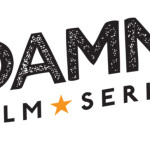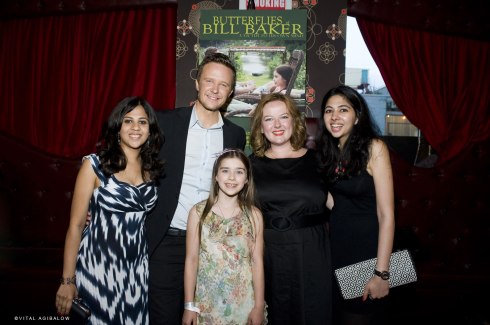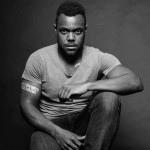I was an actor once. I wanted to be a film director, but I went to an acting class and it was love. I trained for years, did a lot of college productions and some in NYC. I got myself a manager and had offers coming. To the bare eye, things were looking up! But the thing is, they weren’t. My whole life in acting I heard the same two things over and over again: A) You are so talented! B) But that accent… Everyday it felt like a battle just to do what I was so good at thanks to the facts that my accent was a bigger concern to people than my talent. By the time I had a manager I had grown tired of it, and when all the offers I got were commercials about Latinos drinking beer and stereotypical criminal parts I chose to walk away from it. I had already fallen in love with writing by then, and figured “at least they won’t hear my accent on the page.” I was wrong. My name alone gave people the accent they needed and made it feel like a battle. For years I was ashamed of my accent, which ultimately made my heritage feel like a burden.
I tell this very personal story to highlight what these series of interviews will be about. In the midst of casting controversies with Evita and In The Heights, the representation matters idea is more prevalent than ever. When people say they don’t understand why artists protest Evita since Patti Lupone made the role famous, they don’t understand the fact that somebody else’s opportunity was taken away. A person more befitting for the role! And they don’t ask, why was Patti Lupone cast as an Argentinian? Nope, they ask “Why can’t these Latino’s get over it?” Ethnic communities literally have to wage war against whitewashing for the roles that are supposed to be theirs, to be actually theirs.
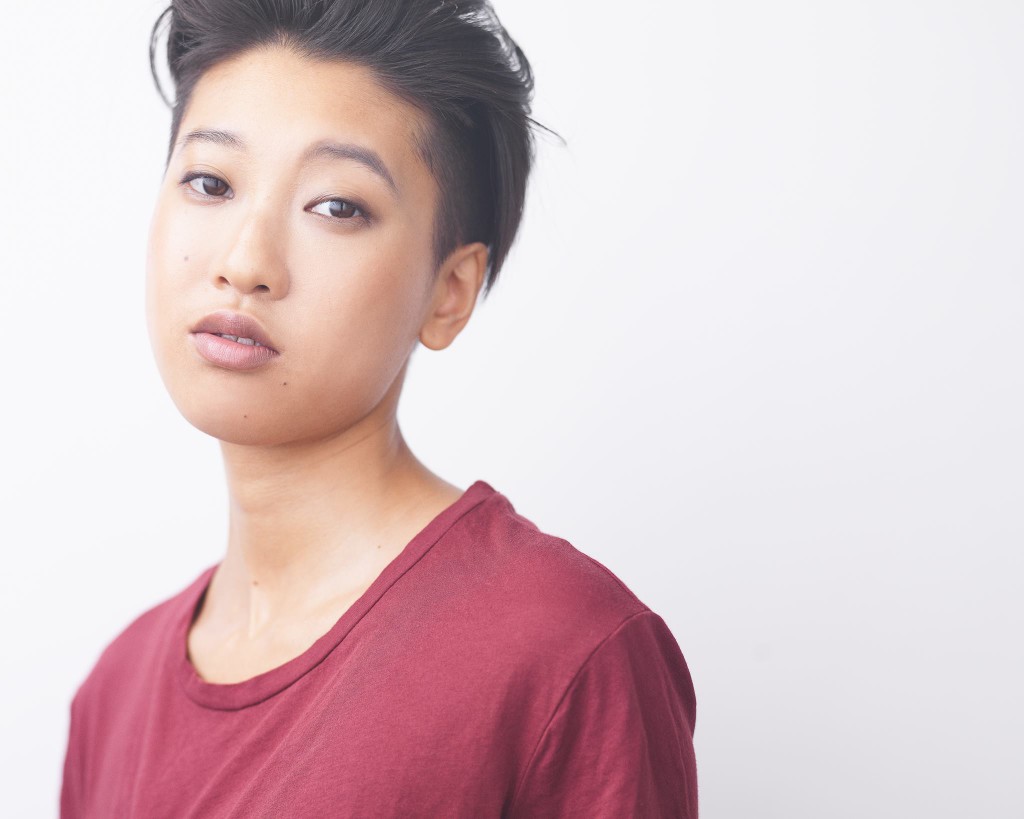
When it comes to comedy, we are used to being the butt of the jokes. The stereotypes spread through years of diminishment become targets for easy laughs. Growing up, I thought my culture was funny and that the American white culture was the standard. This is why we need comedians like Jes Tom who constantly challenge the perception of comedy with their sets. Jes has performed all over New York City, representing both the Asian and queer communities proudly, and offering the unique perspective they can only possess. Read the interview below and get to know this incredibly talented artist, and the power of perception.
- Hi! Could you tell us what you do and how you identify yourself?
- Hello! I’m Jes, I’m a nonbinary trans (they/them) stand up comic and actor.
- As part of an ethnic community, how did you feel while developing your art? Was your community supportive of your work?
- I am very lucky to come from communities that have always been encouraging of me as an artist and performer. Full disclosure: I’m a fifth generation Asian American from a middle class background. My mom signed me up for hula classes (I didn’t want to take them! but that’s another story) when I was four, so I’ve been performing in some capacity since I was very young. I had a lot of ambitions as a kid—I wanted to do gymnastics, karate, voice lessons, musical theater—and though most of those didn’t actually pan out, my mom made it clear that I should be allowed to pursue whatever I wanted. When I started acting in school plays, my family and friends would attend in a big group, and people would joke that I had an entourage. As an adult and a working artist I am very, very grateful to have had such a supportive foundation.
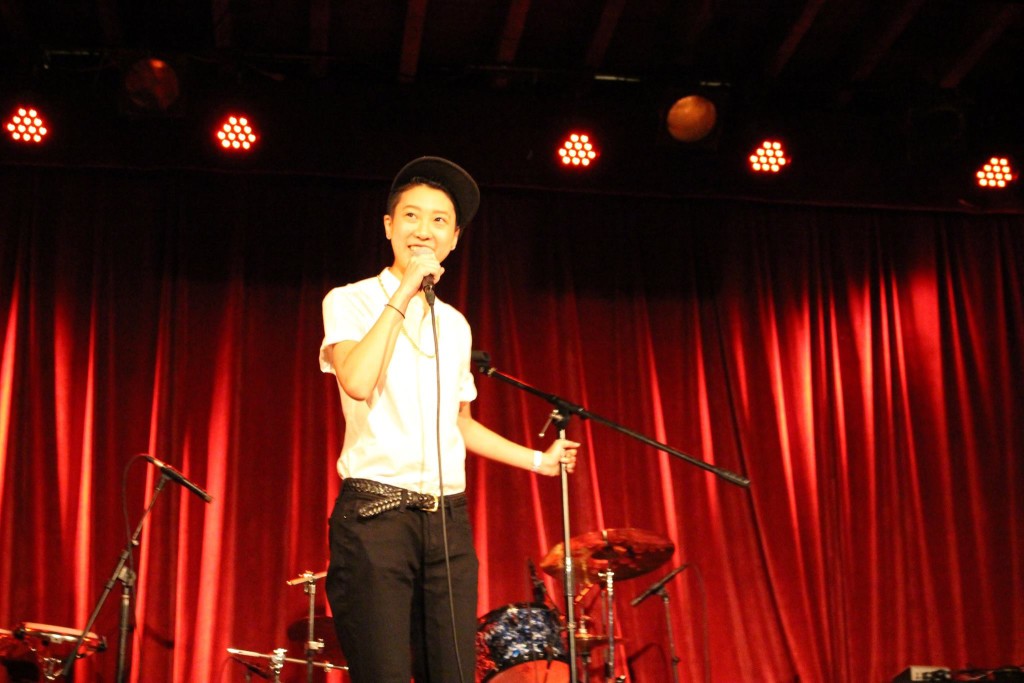
- I am very lucky to come from communities that have always been encouraging of me as an artist and performer. Full disclosure: I’m a fifth generation Asian American from a middle class background. My mom signed me up for hula classes (I didn’t want to take them! but that’s another story) when I was four, so I’ve been performing in some capacity since I was very young. I had a lot of ambitions as a kid—I wanted to do gymnastics, karate, voice lessons, musical theater—and though most of those didn’t actually pan out, my mom made it clear that I should be allowed to pursue whatever I wanted. When I started acting in school plays, my family and friends would attend in a big group, and people would joke that I had an entourage. As an adult and a working artist I am very, very grateful to have had such a supportive foundation.
- Who was the first person that you remember seeing that represented you in mainstream media?
- Definitely Margaret Cho. She’s a queer Asian American from San Francisco, just like me. When I was in high school I would watch clips of her stand up on the projector in an empty classroom. That was how I got it into my head that I’d like to try stand up, though I didn’t actually start until years later.
- How much of your identity goes into your work?
- Overall, as someone who isn’t a white person or a man, of course I have fewer opportunities. But I also believe that my identities are advantageous for stand up, because I have a unique perspective that a lot of audiences haven’t heard before. I think people are really hungry to hear new and different stories, as much as the entertainment industry tries to pretend that isn’t the case. At the same time, finding work as a nonbinary Asian American actor is pretty tough. People tend to want to pigeonhole me. I’m actually interested in playing a lot of different types of roles, but I suspect I don’t fit what a lot of casting people have in mind. Casting is all about how other people perceive you, and being trans—especially nonbinary trans—a lot of people don’t know how to perceive me, or perceive me incorrectly. So I’m still trying to figure that out.
- Has your race/identity gotten in the way of your goals? Has it make it easier or harder?
- Stand up comedy is all about giving your point of view on the world, so I would say my work is all about identity. How each person sees the world is directly tied to our identities and experiences. I try to do comedy that has teachable moments (but doesn’t feel preachy) for people who aren’t like me, and is relatable for people who are.
- Representation Matters… why?
- Because:
- 1. Marginalized people deserve to see themselves reflected in the media.
- 2. Privileged people need to learn how to humanize marginalized people, and often that happens via the media.
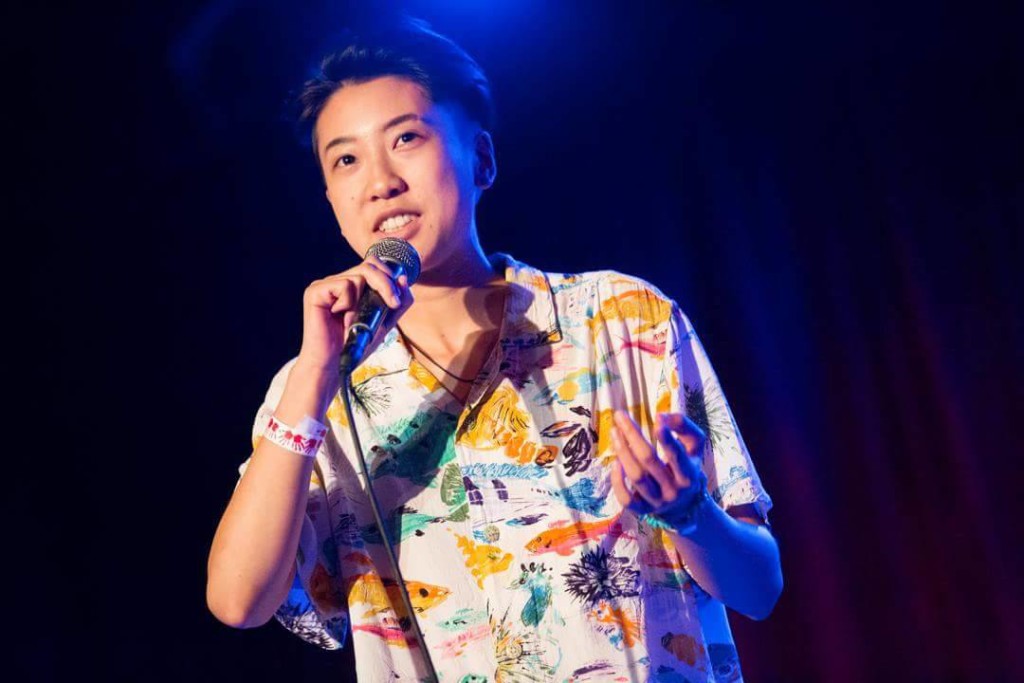
- Because:
- Let’s talk about your work. What are you doing nowadays? What do you have coming up?
- Here are some cool upcoming comedy shows I’ll be performing at:
I also acted in a short film for Funny Or Die by the visionary SJ Son, which I can’t wait to share with everyone!
- Any words you would like to share with those people that think they don’t have a chance because of how they identify themselves?
- Even though the systems and industries in place were not made for us, people are waiting to see your art. You have something to offer that is unique to you. You are important. Your perspective is important. Your art is important.
- Do you dabble in other artistic areas?
- I’m a big sea animal nerd and I love aquariums.
- And to round it up, if you had unlimited funding for a project, what would you do?
- I would make a TV show. I fully intend to do this someday anyway, so keep an eye out!
Make sure to catch one of the shows if you’re in the area and experience Jes Tom’s comedy!


